Curated OER
Early Humans
Eighth graders work together in groups to examine the earliest civilizations. After reading two stories, they compare and contrast the facts with those stories with other ones they have read. They discuss the different hypothesis on...
Curated OER
Mother-Infant Observation
Students observe a mother and infant playing for ten minutes. In this mother-infant observation instructional activity, students evaluate the infant's activity according to physical characteristics, locomotion, communication, and...
Curated OER
Archaeology and Prehistoric Native Americans
Students study the terms paleontology and archaeology and examine how they can help us learn about prehistoric Native Iowans. In this archaeology lesson students discuss these terms and view a video on Native Americans.
Curated OER
Guidelines for Governing: Utopia and The Prince
Students explore the power of the Church in government. In this literature lesson, students read Sir Thomas More's Utopia and Niccolo Machiavelli's The Prince. Students respond to questions regarding the works and discuss them.
Curated OER
Why is the Past Important?
Fourth graders discuss the importance of North Carolina's archaeological heritage. They share with the class an object, photograph, or drawing of an object that represents their own or their family's past.
Curated OER
Past v. Present: Using Geography & Anthropology
Students examine artifacts and documents from their Canadian community. They analyze early Canadian history and make predictions about the future of the country.
Curated OER
A History of Changing Foods
Students conduct Internet research to determine how food preparation and recipes have changed over time. They trace a favorite food through time, complete a worksheet and compare diets from different eras.
Curated OER
Food in History
Students research, predict and offer solutions regarding factors that affect current or future food crops could result in economic, political or social changes.
Curated OER
Living at the Seashore
Students examine how the proximity of all areas of Japan to the ocean influences lifestyles and determines occupations for the people. This lesson includes lesson extensions and a concept list.
Curated OER
My How Things Have Changed
Eighth graders discuss the impact geography had on hunter-gatherer societies, their toolmaking. They work in groups to create a Web page that links pictures of artifacts to explanations about what the artifact tell us about the lives of...
Curated OER
Windows of Wisconsin (History)
Fourth graders research the history of Wisconsin. They explore Wisconsin's culture, sovereignty and environment. Using multiple computer technology resources (computer, scanner, camera, internet), 4th graders develop a book on the...
National Endowment for the Humanities
Neh: Edsit Ement: Life in Old Babylonia: The Importance of Trade
In this lesson plan, students will consider "Life in Old Babylonia: The Importance of Trade." The plan includes worksheets and other student materials that can be found under the resource tab.
Texas State Historical Association
Texas State Historical Association: Prehistoric Texas [Pdf]
An activity guide where students refer to the Texas Almanac, which is free to download, for information needed to complete assigned tasks. In this lesson, students are asked to research the four stages of cultural development in early...
SMART Technologies
Smart: Ancient World Religions
Compare various religions and explore their similarities and differences in this SMART lesson plan. An opportunity to learn each religion's location of origin and basic tenets is provided as well.
Utah Education Network
Uen: Ancient Civilizations and the Modern World
Learn how ancient civilzations developed based on the local physical features and how the boundaries of early civilizations compare to their modern counterparts.
University of Chicago
The Oriental Institute Museum: Life in Ancient Mesopotamia [Pdf]
Because archaeologists cannot take home all the objects they unearth, they must make detailed, accurate drawings of their finds, so that these artifacts can be studied in the future.
Other popular searches
- Prehistory Prehistoric
- Prehistory Time Line
- Prehistory Map Activity
- Prehistory Power Point
- Prehistory Timeline
- Introduction to Prehistory
- High School Prehistory
- Early America Prehistory
- Prehistory Inventions
- Wisconsin Prehistory
- Prehistory China
- Tests on Prehistory




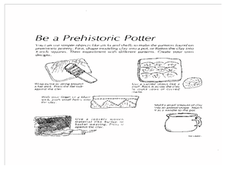


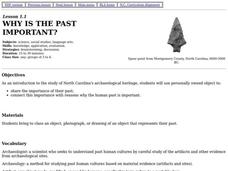

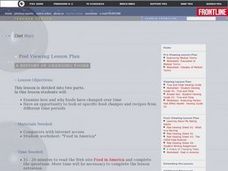
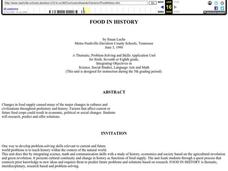
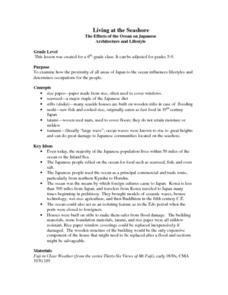


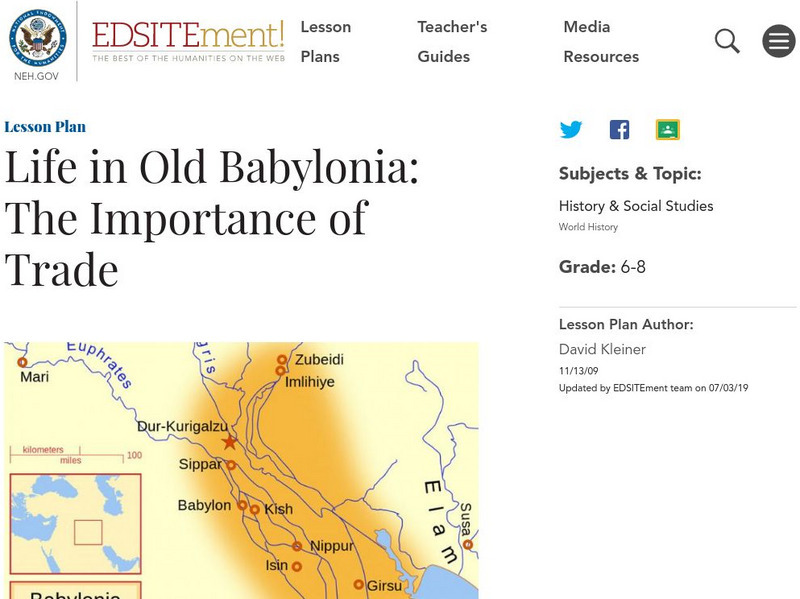
![Texas State Historical Association: Prehistoric Texas [Pdf] Lesson Plan Texas State Historical Association: Prehistoric Texas [Pdf] Lesson Plan](https://d15y2dacu3jp90.cloudfront.net/images/attachment_defaults/resource/large/FPO-knovation.png)